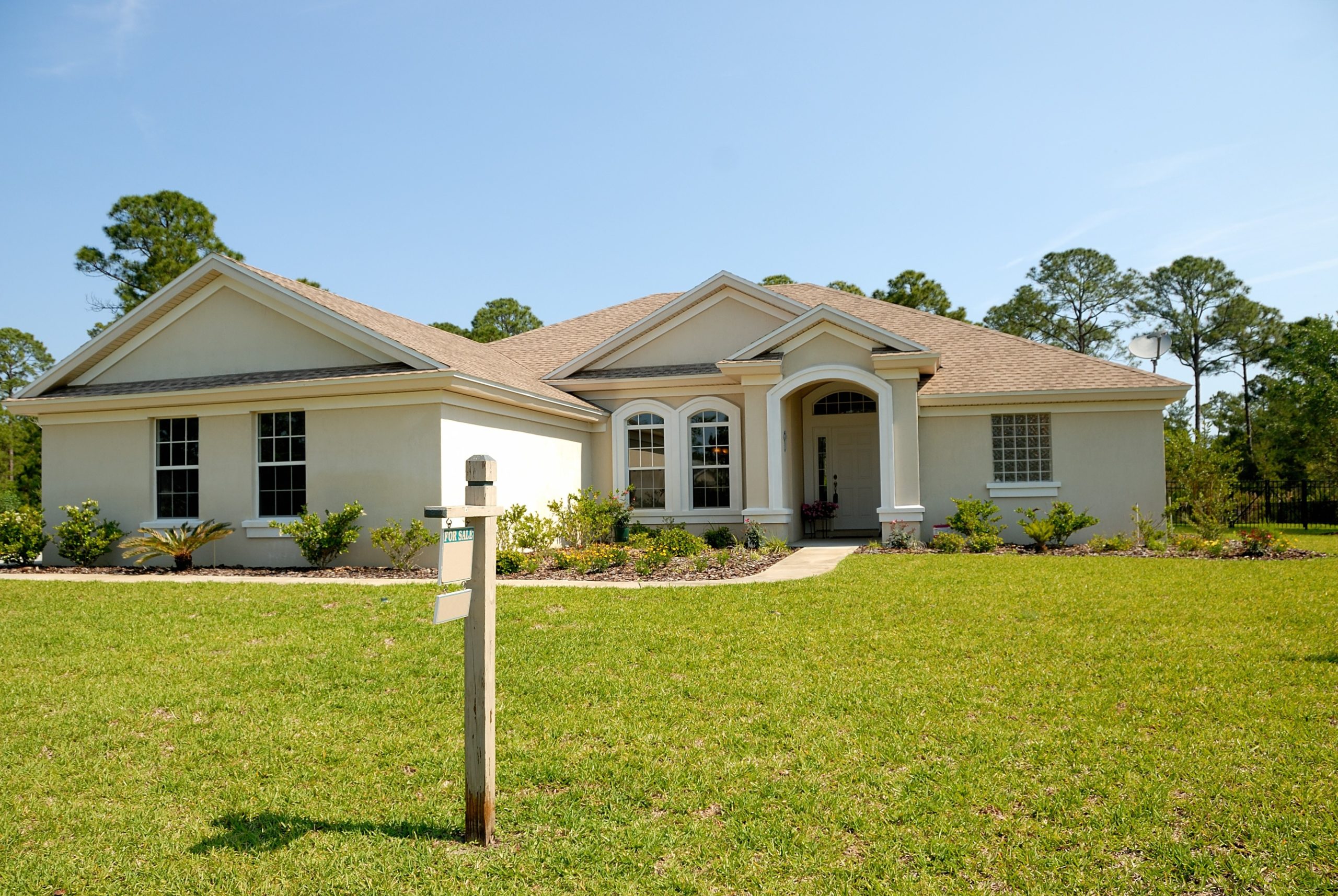
In 2022, Nevada made the top 10 list of states where people from around the U.S. are moving. No surprise with Nevada’s lower cost of living, strong job growth and abundance of outdoor amenities, there are plenty of reasons to make the move. Nevada property taxes rates are another big draw. Property taxes in Nevada are significantly lower than other states across the country. New Jersey is the highest at 2.49% and Hawaii the lowest at 0.28%. Nevada property taxes are ninth lowest in the country at 0.60%, according to 2022 reports.
Of course, there is more to home ownership than property taxes, but if you are a first time homebuyer or considering a move to Nevada – understanding the obligations of property taxes is imperative.
How are property taxes assessed in Nevada?
Homeowners are responsible for paying property taxes, based on state rules and regulations. In Nevada, property taxes are assessed based on a home’s value with the requirement that the home is appraised a minimum of once every five years. Between the years of reappraisal, home values are adjusted annually by the Nevada Tax Commission based on a variety of factors. As a result, when properties are assessed and the value increases, property taxes will increase and vice versa.
Following is the formula used to calculate Nevada property taxes:
Taxable Value X 35% = Assessed Value X Tax Rate = Property Taxes Due
It’s important to note that property values have drastically increased in many Nevada counties. Yet, partial tax abatements limit the increase in property taxes to three percent for owner-occupied single-family residences, and no more than eight percent for other properties.
When are property taxes due?
Property tax bills are sent to Nevada residents in July of each year. The county treasurer sends each property owner or mortgage holder an itemized tax bill by mail. Beware, in some cases, the mortgage holder will receive the bill instead of the homeowner.
How do you pay property taxes?
Property taxes must be paid in full by the final due date to avoid penalty. There are several options available for making property tax payments. Via the county website, payments can be made online. Homeowners can mail a check using the envelope provided with the bill or bring payment directly to a local designated office.
The other popular option paying property taxes is to bundle it with the monthly mortgage payment. This method is attractive to homeowners that want to avoid making large payments annually, when the bill is due. When opting for this payment process, the lender is responsible for submitting the full tax payment on the homeowner’s behalf.
Whether you already own or you are looking to own a home, it’s valuable to note the rules and regulations differ state by state. And when you are purchasing a home the closing process can seem complex. Property taxes are just one of many factors that are included in the closing of a real estate transaction. At Landmark Title, our team of experienced professionals will guide you through the steps to keep you informed and help ensure a smooth closing process. Contact us today with any questions you might have.